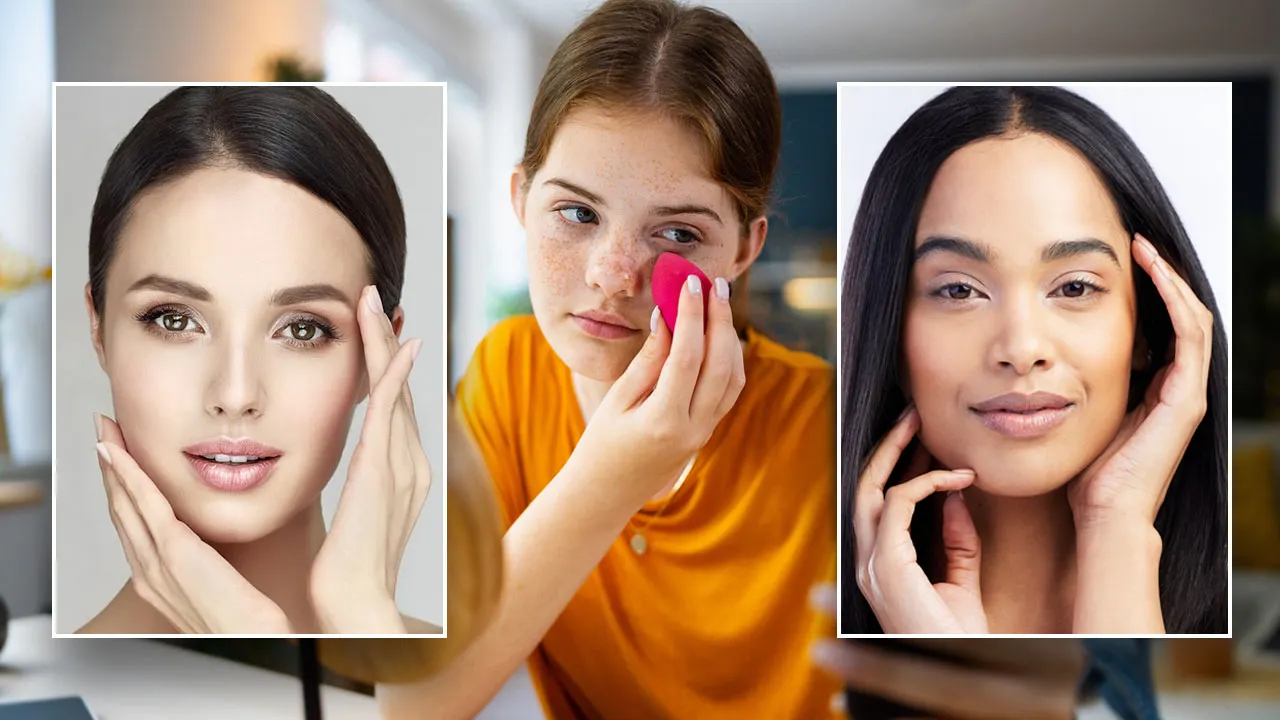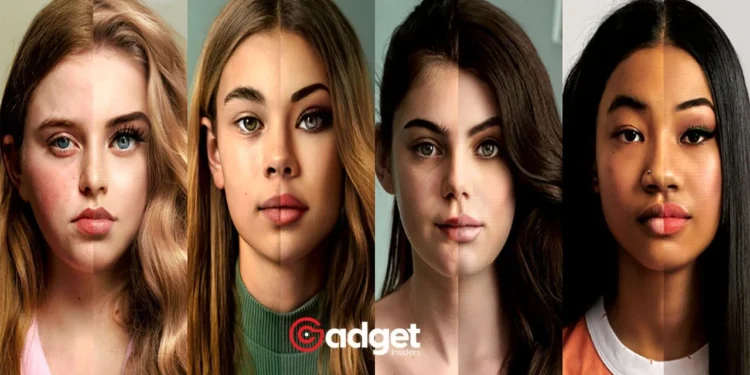In a world increasingly dominated by digital transformations, one iconic beauty brand is affirming its stance on authenticity and transparency. Dove, renowned for its commitment to real beauty, marks the 20th anniversary of its pioneering Real Beauty campaign by reinforcing its promise never to use artificial intelligence (AI) to depict real people in its advertisements.

A Bold Stance in the Digital Age
As artificial intelligence weaves its way deeper into the fabric of our daily interactions, the impact on beauty standards becomes undeniable. Alessandro Manfredi, Dove’s Chief Marketing Officer, emphasizes the brand’s vision, stating, “At Dove, we seek a future in which women – not algorithms – get to decide and declare what real beauty looks like.” This sentiment reflects a broader initiative to protect and celebrate the inherent beauty of individuality unmarred by digital distortions.

Dove’s decision comes at a crucial time. Predictions suggest that by 2025, AI could generate up to 90% of online content. This technological tide brings with it the peril of perpetuating unrealistic beauty standards, a challenge Dove is prepared to face head-on. “As we navigate the opportunities and challenges that come with new and emerging technology, we remain committed to protecting, celebrating and championing real beauty,” Manfredi adds.
Dove’s Eye-Opening Research: Unveiling the Real Impact of Beauty Standards Today
Recent studies by Dove reveal troubling statistics about the perception and impact of beauty standards today. A significant survey encompassing over 2,700 individuals highlighted that despite advancements, many women still feel pressured by the unrealistic images proliferating through media. Alarmingly, one in three women reported feeling compelled to alter their appearance due to these artificial ideals.
@Dove is backing a campaign to end the narrow definition of beauty consistently portrayed around the world and set a new standard for the authentic, diverse and inclusive representation of womenhttps://t.co/7MXvYUA3Sz pic.twitter.com/Pmyo4wZ7D9
— The Redzone (@RedZoneZA) April 24, 2019
Moreover, the survey uncovered that nearly 85% of women and girls have encountered harmful beauty content online, which not only distorts their perception of beauty but also affects their self-esteem and happiness.
Voices from the Field: Advocating for Reality
Contributing to the discourse, Stacy Nadeau, a model from the original Dove campaign, now a leadership coach, sheds light on the insidious effects of AI-generated images. “AI creates unrealistic images that breed an environment that makes it hard for girls and teens to be able to discern between what is real and what isn’t,” Nadeau explains. This digital dilemma is not just about aesthetics but also about the psychological well-being of young individuals navigating their formative years amidst these challenges.
Echoing this concern, Dr. Konstantin Vasyukevich, a New York-based plastic surgeon, discusses the dual-edged nature of AI in beauty. “While AI offers incredible tools to enhance images, it’s essential to remember that it is an artificial power that creates unrealistic standards,” he notes, emphasizing the need for ethical practices in leveraging technology within the beauty industry.

Looking Forward: A Call for Integrity and Innovation
The conversation around AI and its role in shaping public perceptions of beauty is evolving. Harvey Castro, an emergency medicine physician with insights into AI’s healthcare applications, points out the potential for AI to personalize and enhance consumer experiences. However, he cautions against the unchecked use of such technology that may reinforce narrow and unattainable beauty norms.
As Dove continues its journey to redefine beauty standards, its firm stance against the use of AI in portraying real beauty serves as a beacon for other brands. This commitment not only champions authenticity but also calls for a broader reflection within the industry about the values we champion and the legacy we leave in the digital footprint of beauty standards.










